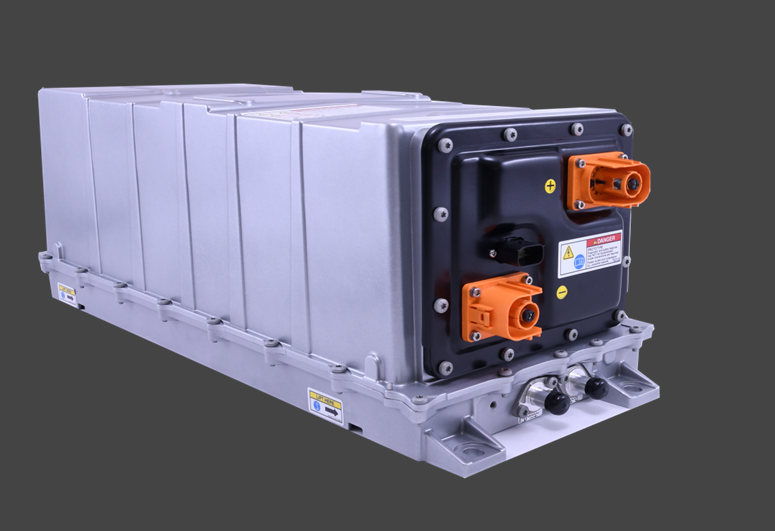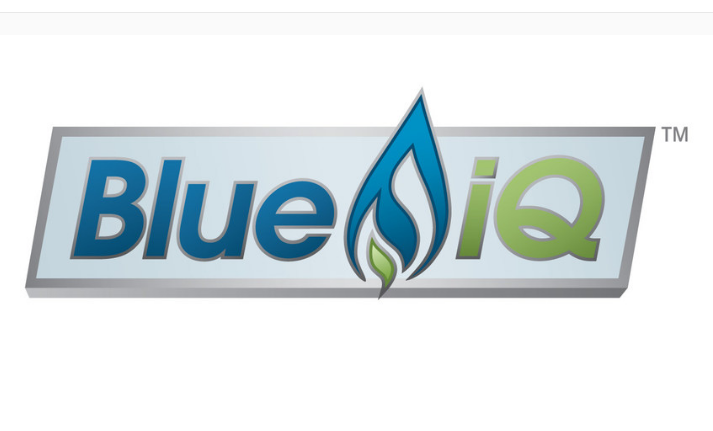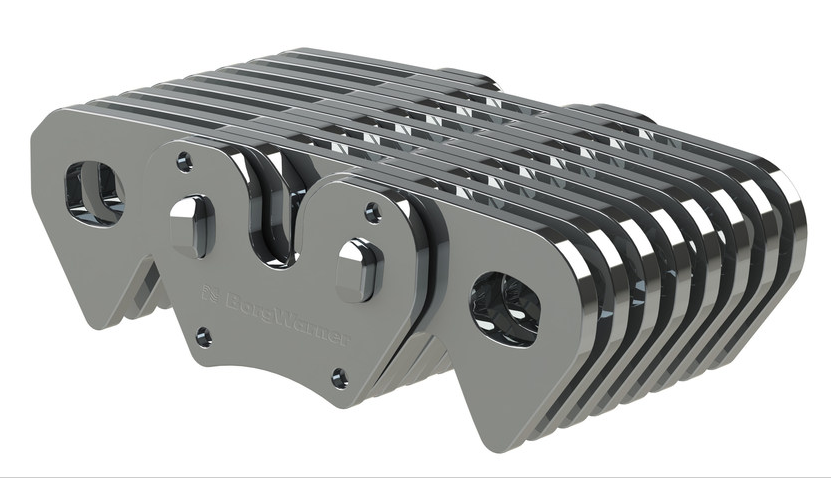Sustainable Innovations, which develops and manufactures clean energy products, says it is teaming up with the University of Connecticut (UConn) Center for Clean Energy Engineering to meet a critical need in the rollout of hydrogen vehicles by developing a hydrogen fuel quality sensor that will rapidly assess whether a fuel supply stream is meeting a vehicle’s needs for high performance and reliable operation.
After careful study by an international group of experts, the Society of Automotive Engineers (SAE) and others have established hydrogen fuel purity standards that prescribe extremely low levels of several impurities in vehicular fuels that have been linked to performance problems in fuel cell engines.
Today, vehicles are at potential risk of damage as the industry develops affordable, commercially available in-line sensing devices to verify that hydrogen-fueling streams meet the standards.
“Our sensor provides the linkage and important validation for hydrogen suppliers, vehicle manufacturers and consumers in an electric vehicle industry that is poised to grow to hundreds of billions of dollars or greater, given the global demand for clean transportation to meet climate goals,” says Trent Molter, president and CEO of Sustainable Innovations.
“We have already shown in laboratory testing that our innovative electrochemical method is capable of accurate, simultaneous detection of the critical contaminants in a hydrogen supply stream,” he continues. “And our analyses show that the device can be deployed with little cost and very little maintenance.”
As reported, the sensor that Sustainable Innovations and UConn are developing is based on electrochemical principals and can detect multiple impurities at extremely low levels in hydrogen. Within seconds, it sends a signal to shut off the dispenser if a damaging contaminant is detected.
Sustainable Innovations says it received a contract award from the U.S. Department of Energy to commercially develop a low-cost sensor that can detect these impurities at the low levels identified in SAE and international standards. This contract comes on the heels of a prior development effort wherein the sensor technology was demonstrated by the team in proof-of-concept form. These sensors are to be placed at each fueling station to provide a go or no-go signal based on the presence of these impurities.







